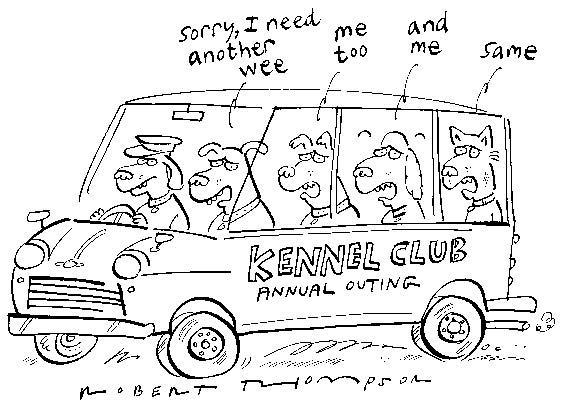Much — possibly too much — has already been written about the BBC’s plans to close down its digital stations, 6Music and the Asian Network, in a customarily pathetic attempt to placate its political enemies.
Much — possibly too much — has already been written about the BBC’s plans to close down its digital stations, 6Music and the Asian Network, in a customarily pathetic attempt to placate its political enemies. My first thought, when the plans were leaked and then announced officially, was, how very clever. No one in their right mind would close 6Music, which is a terrific little station and costs buttons. The cutbacks to the BBC website, which is so huge there must be several nooks and backwaters that have never been visited by anyone, had clearly been planned anyway. If you really wanted to save money you would get rid of BBC3, the young people’s TV channel with the mission statement Dare To Be Worse. No one would mourn that for a moment.
So, clearly, the idea was to threaten to close down something really good, wait for the public outcry and then happily reverse the decision to national rejoicing. Except that it wasn’t. As the story developed, it became clear that they really do want to close down 6Music. They don’t want to close down BBC3. They are not being very clever at all.
There is, of course, a lot of pop music played on BBC radio. Radio 1 caters for the kids, over there somewhere, out of our view. Radio 2 has an impossible job, attempting to please about half the population, and does it remarkably well. Radio 1’s offshoot is 1Xtra, which plays ‘urban’ (i.e., black) music. The threatened 6Music is an offshoot of Radio 2 — same controller, much smaller budget and very much smaller audience — but aimed at predominantly white, predominantly male, predominantly young music obsessives.
Fine, you might say, there are loads of commercial stations catering to the same audience. But they aren’t. It’s the difference between Classic FM and Radio 3. One is geared to delivering a large and profitable audience of people who quite like orchestral music, particularly the Star Wars theme, and can bear to listen to Simon Bates every morning without wanting to stove his head in. The other wants to be the best classical-music station in the world, and thus appeal to just enough people to justify its existence. It has a curatorial role, a sense of responsibility to the music it represents and also to the wider culture, and a passionate belief in doing the best work possible. Obviously, I never listen to it myself if I can possibly help it, but I enjoy the warm fuzzy feeling of knowing that it’s there.
Anyway, 6Music wouldn’t make such lofty claims. But it has the same passion and the same sense of responsibility, it is wilfully uncommercial and its listeners love it for this. When a previous controller diluted the mix with a DJ called George Lamb, a cheeky chappy who is far less interested in the music than in the sound of his own whiny voice, there was uproar. The audience knew what it liked, and what it didn’t like was what you could get elsewhere. The error was acknowledged: George Lamb was moved to the weekend.
If the station now has a defining programme, one you simply can’t imagine anyone else doing, it’s Stuart Maconie’s Freak Zone on Sunday afternoons, during which you will hear wild prog rock, unlistenable free jazz, arcane electronic bloopery and nothing with an identifiable tune. It’s positively bracing: radio that’s good for you. But the show recognises that musical taste is a vast and unbounded thing, and that many of us never know what we are going to like next. There is radio, vast amounts of the stuff, for people who know exactly what they like, and want to hear it over and over again, every day for the rest of their lives. Some commercial radio stations get by with as few as 300 records, indefinitely rotated. It’s a bit like you, a Spectator reader, being told, you don’t need The Spectator, you’ve already got the Sun, won’t that do?
I can’t say I have much faith in the BBC’s ability or willingness to change its mind. One of the report’s other recommendations is that Radio 2 should up its speech content. (Great. More lunatic phone-ins on Jeremy Vine. Just what we need.) Meanwhile Radcliffe and Maconie’s excellent evening show on Radio 2 is to be reduced from four times a week to three, a punishment for a crime yet to be committed. But 6Music deserves to be saved. Whether that simple fact is enough to save it, we’ll soon find out.






Comments